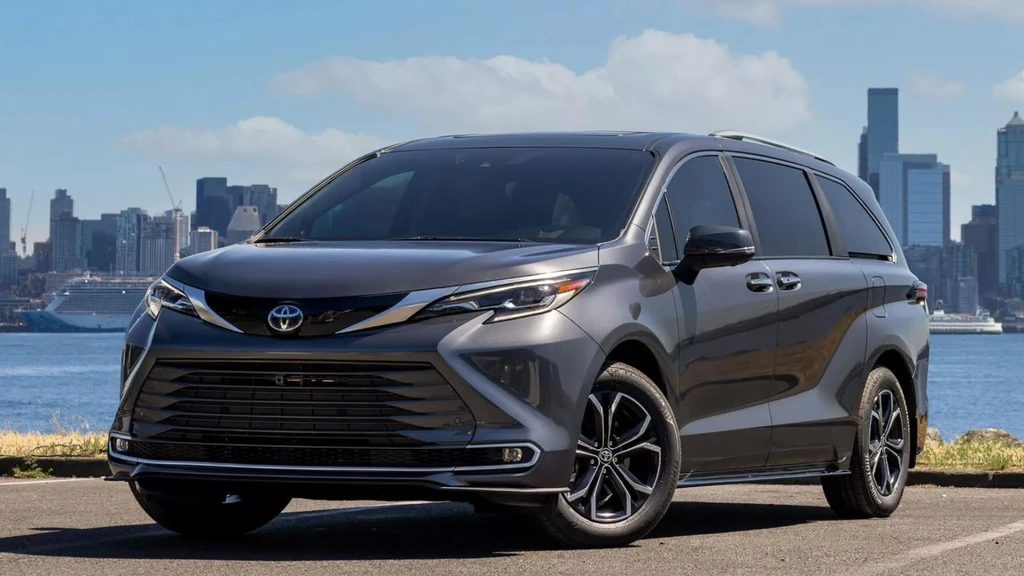Key Takeaways:
- – Setting realistic financial goals can make the dream of owning a new car attainable.
- Researching and planning play critical roles in effective budgeting.
- Implementing strategies for savings and exploring financing options can streamline the purchase process.
Table of Contents:
- Setting Financial Goals
- Understanding the Total Costs of Ownership
- Research and Compare Options
- Choosing the Right Financing Options
- Strategies for Saving and Budgeting
- Mastering Negotiation
- Sealing the Deal with Confidence
Table of Contents
Introduction
Purchasing a new vehicle is more than just a significant life milestone; it is an exciting opportunity for a fresh start. However, the financial implications can be daunting. Proper budgeting is essential to make your dream car a reality without jeopardizing your financial health. This guide will provide detailed financial tips to help you navigate this journey smoothly, ensuring that enthusiasm doesn’t overshadow prudent fiscal responsibility.

Setting Financial Goals
The first step in budgeting for a new vehicle is establishing clear financial goals. First, assess your current financial status, including your income, ongoing expenses, and savings. Determining what you can afford upfront and via monthly payments can significantly influence your vehicle choice. For example, consider if you are contemplating a good opportunity on a Toyota Sienna for sale, as prices may vary based on model and additional features.
Next, allocate a specific budget for your car purchase by considering other financial goals you might have, such as vacation or home improvements. Understanding your expenses and income will help ensure you’re financially comfortable with your purchase. Remember, the goal isn’t just to afford the car but also to maintain your lifestyle without additional financial strains.
Understanding the Total Costs of Ownership
Owning a vehicle involves more than just the sticker price; it encompasses ongoing costs such as insurance, maintenance, and fuel. It’s essential to evaluate these expenses when planning your budget meticulously. Every model, such as Toyota dealership Atlanta, will come with varying costs based on features and efficiency, which should be considered alongside the principal cost.
Factor in registration fees, taxes, and any upgrade options. Calculate yearly maintenance costs, consider fuel efficiency, and shop for the best insurance rates. This comprehensive approach will safeguard against unexpected financial burdens post-purchase.
Research and Compare Options
Research is vital when making any significant purchase, and buying a new car is no exception. Start by identifying your needs, such as the vehicle size, required features, and intended use. Compare different models and makes to identify the best fit for your lifestyle and budget. Please pay attention to reviews and ratings, as they’re valuable sources of information.
Be vigilant in comparing different manufacturer deals and offers. Some automotive brands may offer incentives or discounts to lower the overall cost. Use online resources and dealer websites to gather as much information as possible to make a well-informed decision.
Choosing the Right Financing Options
Considering financing options can significantly influence your budgeting strategy. Whether you opt for a bank loan, dealership financing, or a credit union, fully understanding the terms and conditions is crucial. Financing can break the total cost into manageable monthly payments, but the interest rate can significantly impact the overall cost of the car.
Evaluate how different loan periods affect monthly payments and total interest paid. Generally, shorter loan terms mean higher monthly payments but less interest over the life of the loan. Compare rates from various lenders to secure the best deal. Ensure that whichever option you choose aligns with your financial situation and comfort level.
Strategies for Saving and Budgeting
Saving for a down payment is a strategic move that can lower the financed amount, reducing the vehicle’s overall cost. Start by setting aside a predefined amount from each paycheck in a dedicated savings account. Adopt lifestyle adjustments to free up additional funds, such as cutting unnecessary expenses or finding ways to increase income.
Budgeting apps or tools can help track your savings progress and provide a clearer view of your finances. Consistent monitoring will ensure you remain on track to achieve your goal, and making small sacrifices today can bring you closer to owning your dream car tomorrow.
Mastering Negotiation
Once you decide on your dream car, honing your negotiation skills can help lower the purchase cost. Car prices are often negotiable, and a confident approach can result in substantial savings. Do your homework; arrive at the dealership with information on the car’s market value, and don’t hesitate to leverage competing offers to your advantage.
Beyond the purchase price, take the opportunity to negotiate financing terms and added features. Be open to walking away if the deal doesn’t align with your financial goals. Assertiveness and a clear understanding of your budget empower you to achieve the best price possible.

Sealing the Deal with Confidence
Finalizing the purchase is the last step in the car-buying journey. Before signing, ensure all terms reflect your understanding and agreements made during negotiations. Scrutinize every document, seeking clarity on any terms or charges that aren’t familiar. Staying informed ensures there are no unwelcome surprises post-purchase.
Upon finalization, remember to enjoy the moment. Your careful planning and budgeting have paved the way for this exciting milestone. As you drive your new vehicle home, appreciate every effort that contributed to reaching this goal while maintaining financial stability. The satisfaction of making a prudent financial decision will enhance the joy of your new ride, solidifying a memorable and rewarding experience.

